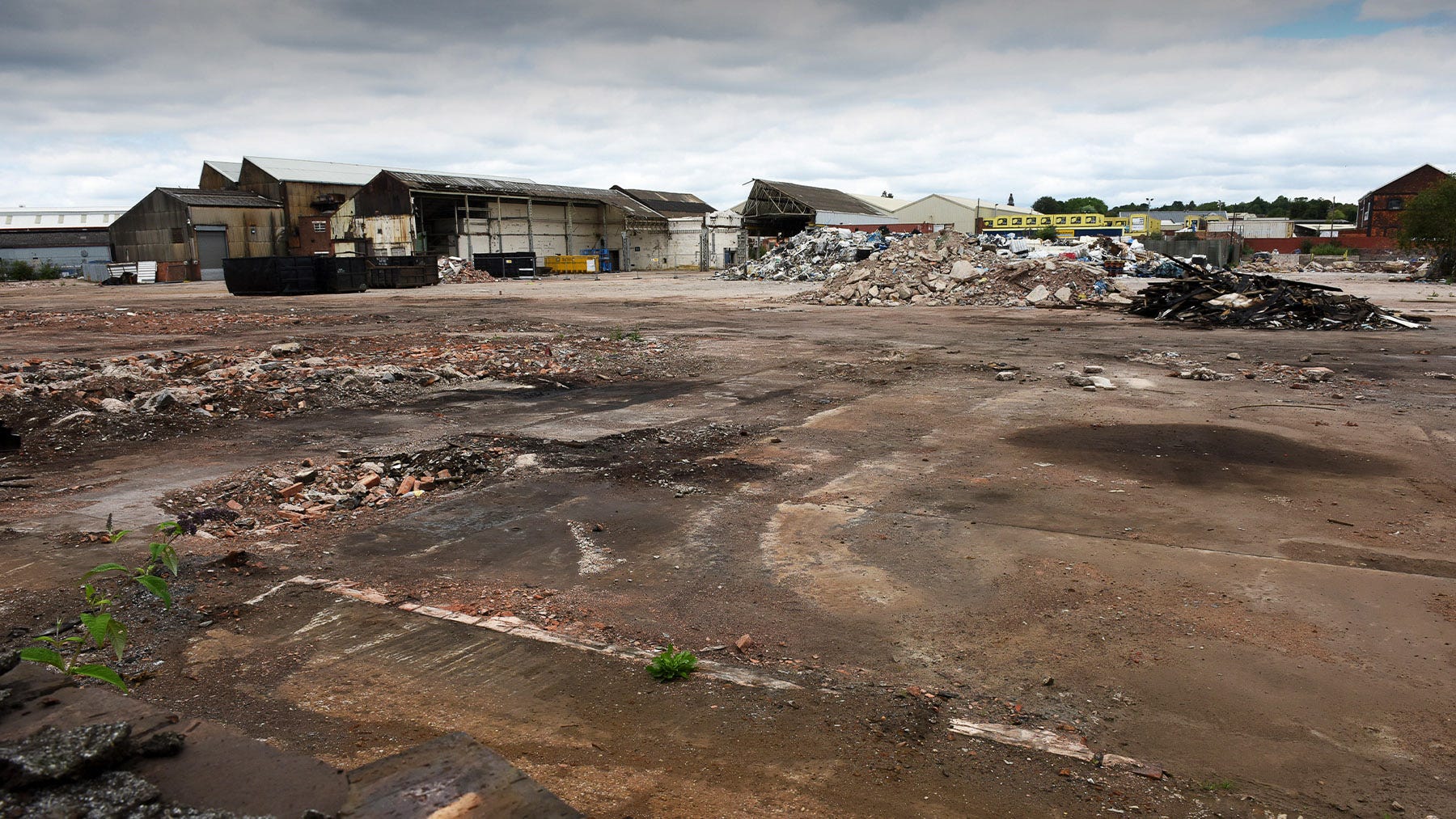Land Barriers: How Zoning Regulations Could Stall Data Center Industry Expansion
Zoning regulations are emerging as a significant challenge to data center industry expansion, potentially slowing growth despite surging demand.

There are plenty of reasons to expect continued growth within the data center industry, where trends like AI have created a surge in demand for data center capacity. But there are also many potential challenges to that growth.
Some, like the sheer cost of building new facilities, the difficulty of sourcing sufficient power for them, and pushback from local communities, may be obvious.
Another potential obstacle to data center expansion that tends to receive less attention is zoning regulations and restrictions. Even in communities with little opposition to data center construction, zoning issues may impede the ability of data center operators to build new facilities.
As demand for AI continues to surge, zoning regulations are emerging as a critical factor that could influence the trajectory of data center expansion in the coming year and beyond.
What is Land Zoning, and How Does It Impact Commercial Properties?
Zoning refers to laws and regulations that determine how property may or may not be used. For example, a zoning law might aim to prevent the construction of a loud or aesthetically displeasing building near residences, whereas the same law might allow this type of building in an industrial area or brownfield site.
Zoning laws are typically established by local municipalities, which are also responsible for enforcing them. It’s often possible for individuals and businesses to challenge zoning restrictions if they believe they’re unfair or are unevenly applied, but the appeals process tends to be time-consuming and difficult – which means the zoning laws that are on the books are often decisive in determining what can and can’t be built.

Zoning laws define the boundaries of data center development, balancing industry expansion with community planning and environmental considerations
Zoning Regulations and Data Centers
While it’s not unusual for zoning laws to prohibit particular types of buildings or activities (like manufacturing or fuel storage) within a given area, almost no zoning laws have historically mentioned data centers specifically.
Therein lies a key challenge that the data center industry faces as it seeks to build new facilities: When zoning rules aren’t specific about whether data centers should be allowed, they create a grey area that can complicate the process of gaining approval to build a new data center.
That’s particularly true because zoning laws often include rules that can be interpreted as either favoring or prohibiting the construction of a data center – but exactly what they mean is not always clear. For example, a regulation that permits “light industrial” activity on a certain parcel could be interpreted as allowing the operation of a data center, if you consider a data center to be a type of light-industry facility. But one could also plausibly argue that data centers are not a type of industrial facility and therefore shouldn’t be allowed in areas zoned for light industry.
As Bohler Engineering, a site development firm, says: “Many local land development codes lack clarity regarding data centers, which can slow a project’s progress. Many ordinances do not specifically address data centers.”

The suitability of residential, industrial, and brownfield sites can significantly impact where data centers are allowed to operate and expand
Stymied Efforts to Update Zoning for Data Centers
Aware of these ambiguities, some municipalities have taken steps to define data center zoning rules more clearly – but they haven’t always succeeded.
For example, when a Missouri town tried to clarify its zoning rules by specifying that data centers are permissible in light industrial areas, pushback from residents led to a retreat from the updated zoning policy. Similarly, complaints from residents complicated efforts by Fairfax County in northern Virginia – a region already home to a large concentration of data centers – complicated efforts to modify zoning rules in ways that would make it easier to build data centers close to homes.
Controversies like these suggest that updating zoning laws to dispel ambiguities surrounding data center construction will be an uphill battle in many places – even in places like northern Virginia, where data center developments are nothing new.
Read more of the latest data center build and design news
How The Industry Can Respond: Engaging Local Communities
Protests by residents about data center zoning changes suggest that if data center operators want to build new facilities, they need to convince residents that they will benefit the local region. Otherwise, opposition by local communities is likely to remain a barrier to efforts to modernize zoning laws for the data center age.
To this end, the industry must work harder to improve data center aesthetics, alleviate concerns that data centers will lead to water waste and power shortages, and tout the local economic benefits of these facilities. (Admittedly, those benefits tend to be limited because data centers don’t typically employ many people, although they may generate business for local construction firms during the build process.)
Ultimately, while zoning regulations are an obstacle to data center expansions in many places, an even deeper challenge is convincing communities that their zoning laws should unambiguously embrace data centers in the first place.
About the Author
You May Also Like









